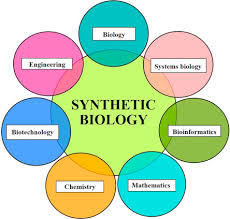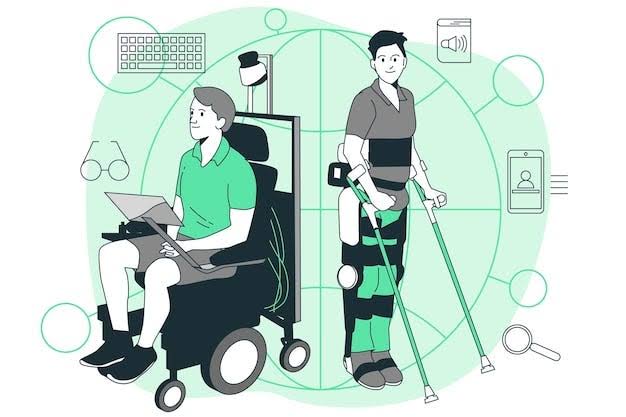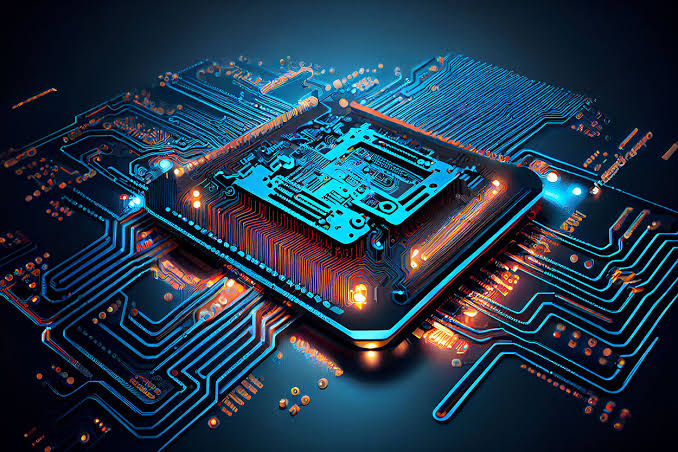Synthetic biology is an emerging and rapidly evolving field that blends biology, engineering, computer science, and genetics to design and construct new biological parts, devices, and systems. Unlike traditional genetic engineering, which modifies existing organisms, synthetic biology allows for the creation of entirely new biological systems that may not exist in nature.
As of July 2025, synthetic biology is gaining global attention due to its transformative potential across healthcare, agriculture, environmental science, and industrial manufacturing. The field is not only reshaping how we understand life but also offering innovative solutions to some of the world’s most pressing problems.
What Is Synthetic Biology?
Synthetic biology, often abbreviated as synbio, is an interdisciplinary field that applies engineering principles to biology. It involves designing biological systems from scratch or redesigning existing biological parts to perform specific functions. Scientists use DNA as a programming language to instruct living cells to behave in predictable ways, just as engineers use code to program machines.
This level of biological customization opens up the ability to construct organisms with desired traits, such as bacteria that produce biofuels, yeast that synthesizes pharmaceuticals, or crops that resist pests without the need for harmful chemicals. In essence, synthetic biology shifts biology from being a descriptive science to a creative discipline—allowing life to be engineered much like electronics or software.
Healthcare and Medical Applications
One of the most groundbreaking areas where synthetic biology is making strides is healthcare. As of 2025, researchers have successfully developed synthetic biological systems capable of detecting diseases at an early stage and delivering targeted treatments. Engineered cells can now sense biomarkers associated with cancer or infections and trigger a therapeutic response only when needed, reducing side effects and improving patient outcomes.
Additionally, synthetic biology plays a critical role in the development of next-generation vaccines and gene therapies. The COVID-19 pandemic accelerated interest in mRNA vaccine platforms, which are themselves products of synthetic biology. Today, these platforms are being adapted for diseases like HIV, malaria, and certain types of cancer.
Synthetic biology also aids in the production of synthetic organs and tissue regeneration. Lab-grown organs, developed from synthetic scaffolds and stem cells, are nearing clinical use, offering hope to patients on long transplant waiting lists.
Agricultural Innovations
In agriculture, synthetic biology is revolutionizing how food is grown, processed, and preserved. Scientists are now engineering crops that can grow in extreme climates, resist disease, and require fewer chemical inputs. This innovation is especially vital as global populations rise and climate change threatens traditional farming methods.
Synthetic biology allows for the creation of nitrogen-fixing cereals, which would reduce the need for chemical fertilizers. Genetically programmed microorganisms are also being deployed in soil to enhance plant growth and suppress pests naturally. Moreover, synbio is enabling the production of lab-grown meat and dairy products that mimic traditional animal-based foods but are more sustainable and ethical.
By enhancing crop yield, reducing dependency on harmful agrochemicals, and improving nutritional content, synthetic biology has the potential to combat food insecurity on a global scale.
Environmental and Sustainability Solutions
Synthetic biology holds significant promise for addressing environmental challenges. Engineered microorganisms are already being used to clean up oil spills, break down plastic waste, and remove heavy metals from contaminated soil and water. These applications demonstrate how biology can be repurposed to help restore and protect ecosystems.
As of 2025, synthetic biologists are also designing bio-based alternatives to petroleum-derived plastics and fuels. These biodegradable materials reduce our reliance on fossil fuels and lower carbon emissions. Living materials, such as self-repairing concrete embedded with bacteria, are being developed for use in sustainable construction.
Moreover, carbon capture and storage technologies are being enhanced using genetically modified algae and bacteria capable of absorbing atmospheric CO₂ and converting it into useful products like bio-oils or fertilizers. These innovations not only combat climate change but create circular, bio-based economies that minimize waste and maximize resource efficiency.
Industrial and Manufacturing Applications
The manufacturing sector is also undergoing a transformation thanks to synthetic biology. Industrial biotechnology companies are using engineered microbes to produce a wide range of materials—from synthetic fabrics and industrial enzymes to cosmetics and fragrances. These bio-manufacturing processes are cleaner, faster, and often cheaper than traditional chemical synthesis.
For example, companies like Bolt Threads are producing spider silk proteins through yeast fermentation, offering a sustainable alternative to petroleum-based textiles. Similarly, synthetic biology is being used to create natural flavorings and colorants without relying on limited plant or animal sources.
The scalability of synbio-based production makes it a powerful tool for reshaping global supply chains. By growing materials in controlled environments, companies can reduce environmental footprints and mitigate geopolitical risks associated with resource scarcity.
Ethical Considerations and Regulation
Despite its promise, synthetic biology also raises important ethical and safety concerns. Engineering life comes with inherent risks, including potential unintended consequences if modified organisms escape into the wild. There is also the question of bioterrorism and misuse of synthetic biology in creating harmful agents.
As of 2025, governments and international bodies are intensifying efforts to regulate synthetic biology. Biosecurity protocols, DNA screening regulations, and international agreements are being implemented to ensure that the technology is used responsibly. Public engagement and transparent governance are also essential in building trust and setting ethical boundaries.
Educational initiatives are underway to inform the public about the benefits and risks of synthetic biology. As the field continues to grow, striking a balance between innovation and regulation will be crucial in shaping its future trajectory.
Conclusion: A New Frontier in Biotechnology
Synthetic biology stands at the frontier of technological innovation, offering a new lens through which to view and manipulate life. By designing biological systems with precision, scientists are creating tools that can treat diseases, feed populations, clean the environment, and reshape industries.
As of July 2025, the applications of synthetic biology are no longer confined to the lab—they are increasingly present in our daily lives. From the food we eat to the medicine we take and the materials we use, synthetic biology is quietly redefining what is possible. However, with this immense potential comes the responsibility to navigate ethical challenges and ensure that the benefits are shared widely and equitably.
Understanding synthetic biology is not just for scientists—it’s for anyone interested in the future of our planet and how humanity will live, work, and thrive in the decades ahead.



